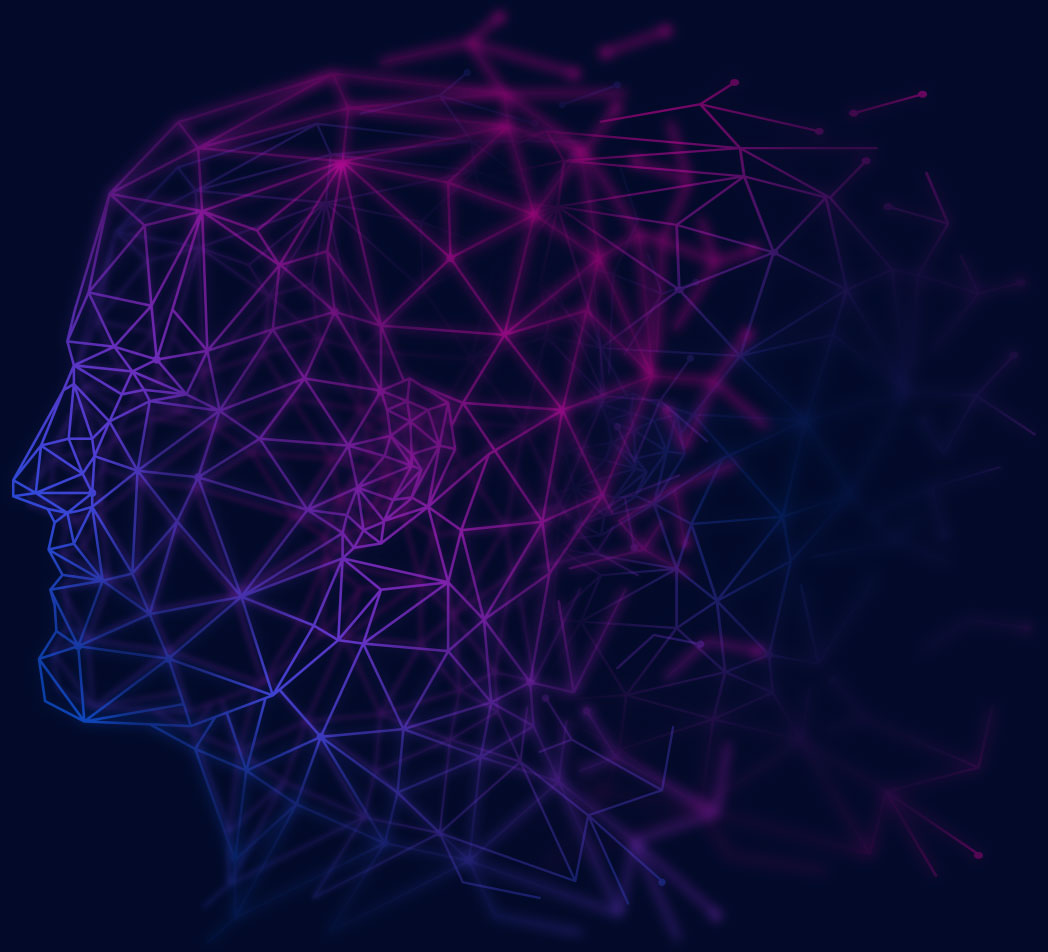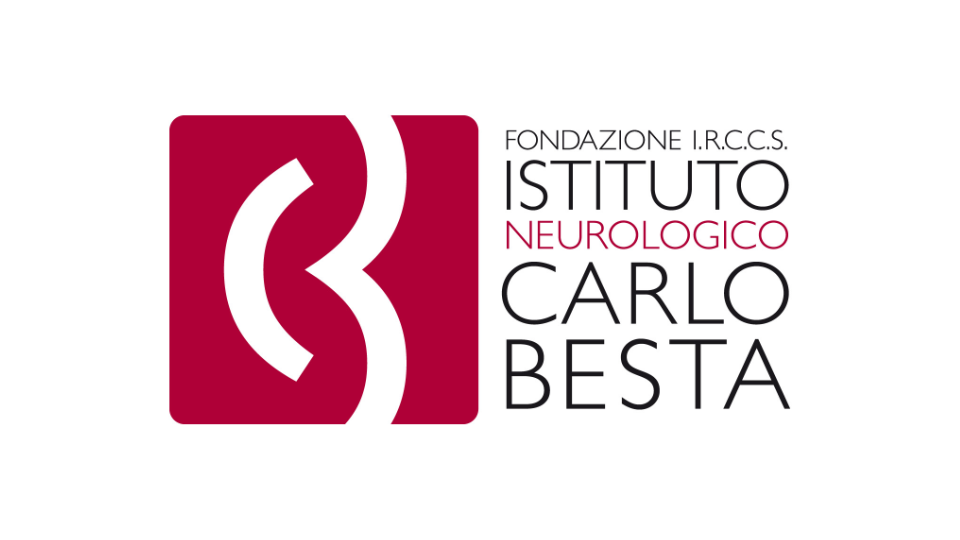International Online Course on Pathogenesis of Epilepsy
Application Deadline 2025/12/10
Start Date 2026/02/26
End Date 2026/05/28
Registration Fee
380 EUR (high income countries)
190 EUR (middle income countries)
95 EUR (low income countries)
FREE for students from 4EU+ universities

Overview
Epilepsy is the most chronic neurological disorder affecting 40 million people worldwide. Approximately one third of people with epilepsy don’t respond to available anti-seizure therapy. The effective cure for epilepsy still represents an unmet need. The development of innovative therapies is the priority of contemporary epilepsy research.
To achieve this goal, the professionals working in epilepsy research need to understand the molecular, structural, and functional mechanisms that underlie the pathogenesis of epilepsy and seizures combined with the understanding of the emerging technologies that can be used to study and treat epilepsy.
In response to this need, we have brought together a faculty of epilepsy specialists to develop an international course that will be delivered online. This 50-hour online course introduces the participants to the basic principles of epilepsies. The topics cover molecular, cellular, and network mechanisms involved in the pathogenesis of epilepsies.
The course is highly didactic and composed of lectures and interactive sessions where attention is paid to the active involvement of participants and close interaction between students and tutors.
The faculty involves internationally recognized leaders in epilepsy research and clinical epileptology.
Why / What / Who
Why this course
Epilepsy is the most chronic neurological disorder affecting 40 million people worldwide. Approximately one third of people with epilepsy don’t respond to available anti-seizure therapy. The effective cure for epilepsy still represents an unmet need. The development of innovative therapies is the priority of contemporary epilepsy research.
To achieve this goal, the professionals working in epilepsy research need to understand the molecular, structural, and functional mechanisms that underlie the pathogenesis of epilepsy and seizures combined with the understanding of the emerging technologies that can be used to study and treat epilepsy.
In response to this need, we have brought together a faculty of epilepsy specialists to develop an international course that will be delivered online. This 50-hour online course introduces the participants to the basic principles of epilepsies. The topics cover molecular, cellular, and network mechanisms involved in the pathogenesis of epilepsies.
The course is highly didactic and composed of lectures and interactive sessions where attention is paid to the active involvement of participants and close interaction between students and tutors. The course is free of charge.
The faculty involves internationally recognized leaders in epilepsy research and clinical epileptology.
What will you learn
The course explores the neurobiology of epilepsy from basic and clinical perspectives. The main objectives of this course are to deepen your knowledge on the pathophysiology of epilepsy and seizure, introduce you to modern research tools that are used in epilepsy research and identify the current challenges and complex issues in epilepsy. After the course the participant will be able to:
- Understand the cellular, network, molecular and metabolic processes that characterize the chronic epileptic tissue, epileptic neurons, pathological activity present between seizures and seizures.
- Describe how the mechanisms vary in various forms of epilepsy ranging from focal epilepsy to generalized one and epileptic encephalopathies.
- Recognize the mechanisms that are responsible for the development of epilepsy.
- Understand how various types of lesions lead to the development of epilepsy and seizures.
- Understand how brain development and brain aging affect the brain susceptibility to develop epilepsy and the underlying mechanism.
- Understand the basic principles of various research techniques and what information they provide to gain insight into the pathophysiological mechanisms of epilepsy.
- Recognize how understanding the pathophysiological mechanisms and pathogenesis of epilepsy is relevant for understanding the effect of currently available anti-seizure medication and developing new diagnostic techniques and epilepsy therapy.
- Identify the current challenges of epilepsy research
- Understand the needs of people with epilepsy and their expectations from the research
4eu+ EUROPEAN UNIVERSITY ALLIANCE
The course is organized under the auspices of 4EU+ Alliance universities: University of Milano, University of Warsaw and the Charles University.
Who this course is for
The course is international, and it will appeal for the following professional and students:
- Undergraduate and Ph.D. students from various research disciplines who are interested in epilepsy research
- Researchers from academia or industry seeking to upskill in the area of epilepsy research and epilepsy therapy development
- Clinicians seeking to appraise insights into the basic mechanisms of epilepsy
What knowledge do you need before applying
The course requires participants to have basic background in neuroscience, basic knowledge of neuroanatomy at the microscopic and macroscopic level. The preference will be given to participants who have bachelor level course on neurophysiology, neuroscience or similar topic/s.
What will I receive after the course
All participants will receive the course certificate awarded by 4EU+ Alliance universities – University of Milano, University of Warsaw, and Charles University The course is international, and it will appeal for the following professionals and students:
- Undergraduate students will receive 3 ECTS awarded by 4EU+ Alliance universities
- Ph.D. students from will receive certificate awarded by 4EU+ Alliance universities
- Clinicians and researchers will be awarded certificate by 4EU+ Alliance universities
